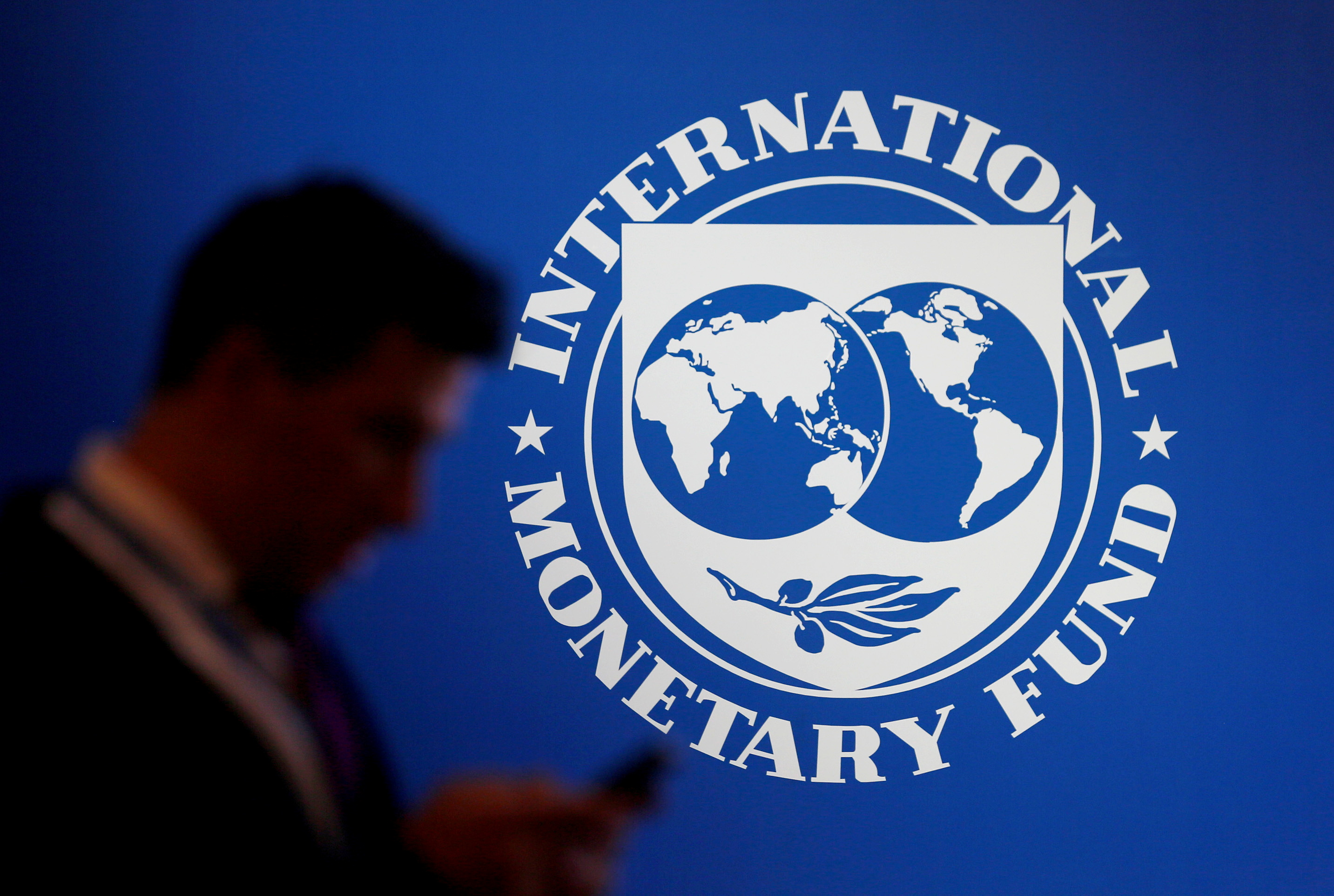The landscape of global economic development is in turmoil, as recent reports reveal a staggering 30% increase in wealth inequality among nations, with developing countries lagging further behind. The repercussions of this widening gap are not just economic; they threaten to destabilize entire regions and jeopardize the hopes of millions striving for a better life.
Political Instability Fuels Economic Stagnation
Countries like Pakistan are emblematic of the dire consequences that political instability can wreak on economic growth. According to recent studies, the constant shifting of power between military and civilian leadership has stifled investment and innovation, leaving the nation in a state of perpetual economic crisis. With zero growth reported post-pandemic, Pakistan serves as a cautionary tale that highlights the urgent need for political reform as a prerequisite for meaningful economic advancement.
Middle-Income Trap Threatens Progress
Vietnam"s impressive growth trajectory has seen it reach over $17,000 in per capita GDP, yet it stands at a crossroads. As reported by economists, the country risks falling into the middle-income trap, where low-cost assembly jobs dominate while higher-value manufacturing remains elusive. The lack of a robust domestic supply chain and dependence on foreign technology stifles innovation and productivity, raising alarm bells about its long-term economic sustainability.
\n\n
Ministry of Housing & Works
Gender Inequality Stifles Economic Growth
India represents another paradox of potential and stagnation. Despite being touted as a global manufacturing hub, the nation struggles with deep-rooted gender inequality, which hinders its growth prospects. According to research findings, the underutilization of women in the workforce is a major barrier to achieving robust economic growth. The government"s initiatives, such as "Make in India", are commendable but insufficient without addressing the systemic issues that prevent women from participating fully in the labor market.
Global Protectionism Puts Developing Nations at Risk
The shift towards protectionism is a looming threat for many developing countries. As reported by Dani Rodrik, the rise of economic nationalism and trade barriers is likely to stifle the very export discipline that has been a lifeline for developing nations seeking to enhance productivity. The impact of such policies could lead to a significant decline in economic opportunities, exacerbating the wealth gap and limiting prospects for millions.
\n\n
Imf World Bank Annual Meeting 2024 - Lesly Malinde
Climate Change Exacerbates Economic Inequality
Climate change is another critical factor that disproportionately impacts developing nations. As severe weather events become more frequent, countries like Bangladesh face devastating economic setbacks. With political unrest following the 2024 elections, the garment industry—once a beacon of hope—is now in jeopardy. According to research, the inability to diversify beyond low-wage manufacturing leaves Bangladesh vulnerable to economic shocks that can further entrench poverty.
The ramifications of these global economic trends underscore the need for a renewed commitment to equitable policies that prioritize social justice and economic reform. As developing nations grapple with these formidable challenges, the urgency for a collective response that prioritizes accountability and sustainable growth has never been more critical.







![[Video] Gunfire between Iraqi security forces and Sadr militias in Baghdad](/_next/image?url=%2Fapi%2Fimage%2Fthumbnails%2Fthumbnail-1768343508874-4redb-thumbnail.jpg&w=3840&q=75)
